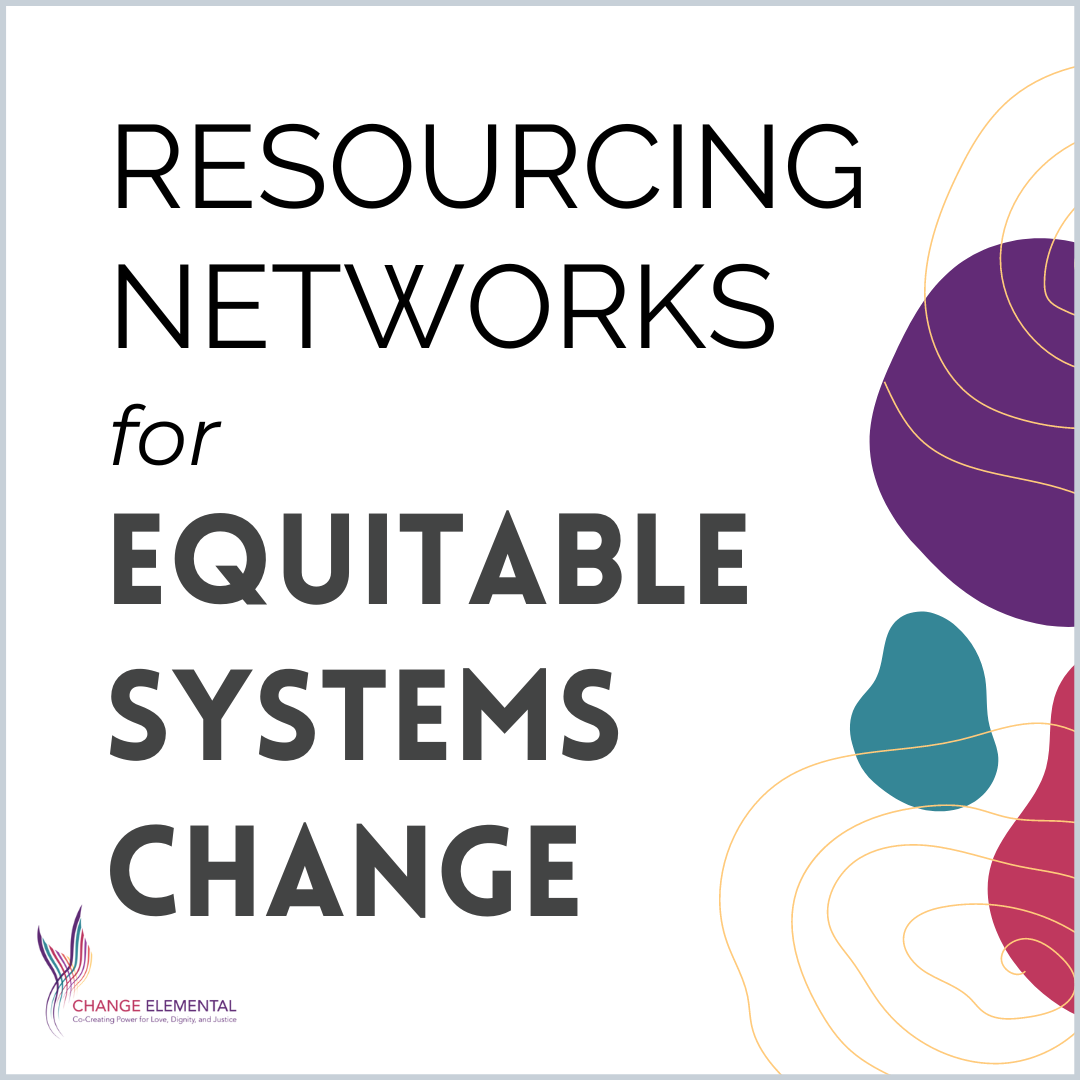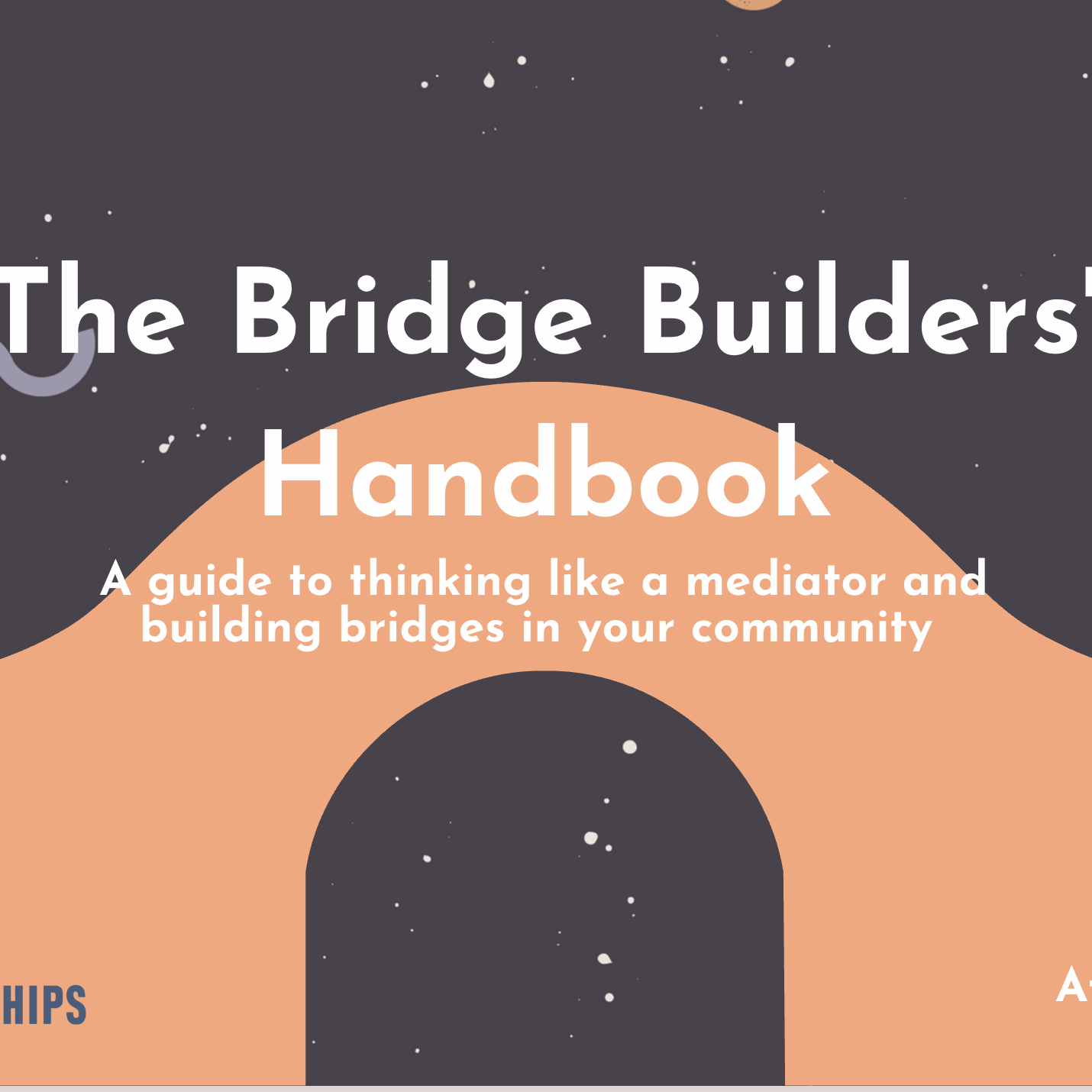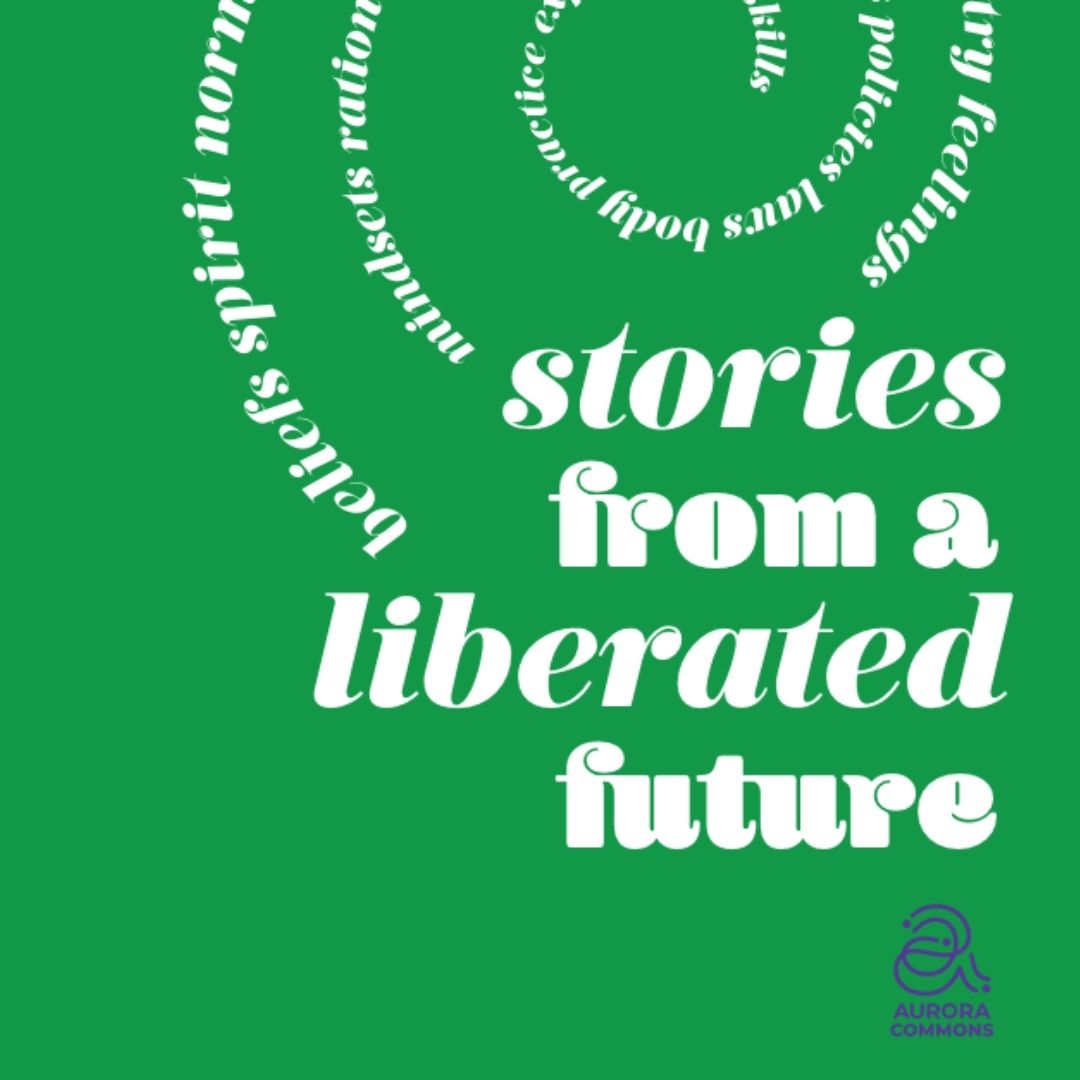Perspectives from Funders, Intermediaries, Individuals and Organizations on How We Fund and Support Networks for Equity
Offered by Change Elemental
(excerpt from the report)
The events of the past year have made clear what many in and outside of philanthropy already knew: that equality in resource distribution is not equity; that much of what was thought impossible to change – telework policies, reporting requirements, fiduciary responsibilities – has suddenly become possible; that what we need to shift big systems is interdependence (not codependence); and that at the core of what is needed for this to happen begins with our relationship to one another – as individuals, organizations, and communities.
In partnership with Uma Viswanathan and Matt Pierce at the Robert Wood Johnson Foundation, a design team of network practitioners including Allen Kwabena Frimpong, Aisha Shillingford, Marissa Tirona, Robin Katcher, and Deborah Meehan, gathered with 70 other network funders, practitioners, and participants to explore the following questions
● How have funders and other organizations worked together in networks that promote equity and systems change?
● What are the barriers to resourcing networks for equitable systems change, and what would it take to shift those barriers?
● What is the personal work and way of being needed to fully engage in networks, equity and systems change?
Why equity, networks, and systems change?
A core assumption of this work is that systems change and working in network with others are necessary pathways to achieving equity and equitable outcomes. Increasingly, the Robert Wood Johnson Foundation is engaging networks – groups of affiliated individuals, organizations and communities working together united by a shared vision – as an important structure in building towards health equity. To reach this goal, it is not only important that groups work in networked ways, but also that they are engaging in complex systems change.
Too often, we focus on the interpersonal dynamics of inequity (e.g., implicit bias, unconscious microaggressions towards others, overt racism, etc.). Inequity, however, exists at multiple levels – individual, interpersonal, institutional, structural and systemic. If we do not identify and repair the broken systems that perpetuate inequity and focus only on interpersonal dynamics, we will always fall short of our goal. The inverse is also true: if we focus only on systems and structures and ignore people and their relationships with each other, we will not be able to work together to create the long-term change we seek. And in both cases, when focusing on one piece over the other – systems versus people – we may end up causing more harm.
Offered by Change Elemental




